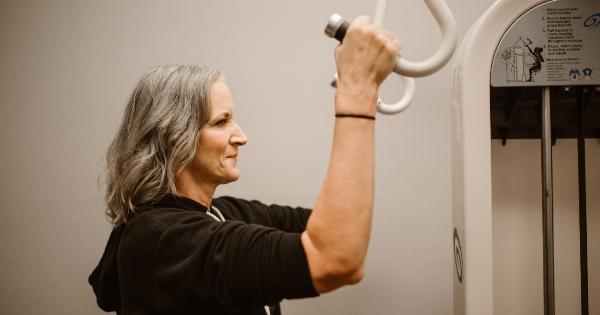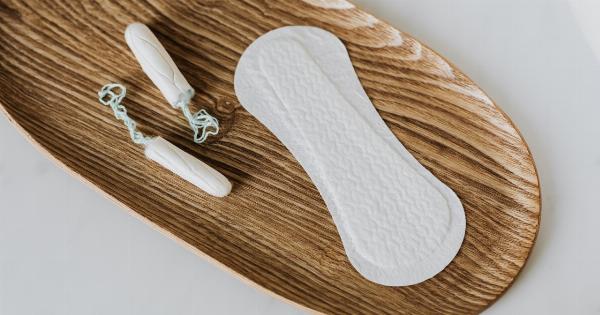Low libido, the lack of sexual desire, is a common issue in women. The causes of this problem are complex, but research shows that it could be either psychological or organic.
In this article, we will explore the two causes of a low sex drive in women and how to identify each one of them.
Organic Causes of Low Libido in Women
Organic causes of low libido are those that stem from physical factors affecting the body. There are several organic causes of low libido in women, including:.
Hormonal Issues
Hormonal changes are a common organic cause of low libido in women, particularly during menopause. During this stage, the levels of estrogen hormone decrease significantly, leading to physical and psychological changes.
These changes cause vaginal dryness, pain during intercourse, and a decrease in sexual desire. Hormonal imbalances can also occur in younger women due to health issues like thyroid disorders and polycystic ovary syndrome.
Chronic Illnesses
Women with chronic illnesses like diabetes, cancer, and heart diseases may experience a low sex drive. These conditions cause pain, fatigue, and depression, which affect sexual desire.
Medication
Some medications used to treat chronic illnesses like depression, anxiety, and blood pressure may affect hormonal balances, leading to a low sex drive.
Chemotherapy, radiation therapy, and surgeries may also cause sexual dysfunction, leading to a low libido.
Pregnancy and Breastfeeding
Pregnancy and breastfeeding can significantly affect a woman’s sex drive. During pregnancy, hormone levels fluctuate, leading to changes in sexual desire.
After delivery, breastfeeding hormones like prolactin suppress libido, leading to a low sex drive.
Psychological Causes of Low Libido in Women
Psychological causes of low libido stem from emotional or mental factors that affect sexual desire. These causes include:.
Stress
Stress is a common cause of low libido in women. The stress of work, family, and personal life can lead to physical and mental exhaustion, affecting sexual desire.
Stress can also affect hormone levels, leading to a decrease in hormonal levels like testosterone, essential for sexual desire in women.
Anxiety and Depression
Women experiencing anxiety and depression are likely to experience low libido. These mental conditions can affect sexual desire, making it hard to be aroused or interested in sex.
Low Self-Esteem
Women with low self-esteem or negative body image are more likely to experience a low sex drive. Low self-esteem affects sexual confidence, leading to low libido.
Relationship Issues
Issues with a partner, such as mistrust, communication problems, and infidelity, can lead to stress and anxiety, affecting sexual desire.
How to Identify whether Low Libido is Organic or Psychological
Low libido can be organic or psychological, but it can be challenging to identify the difference. However, there are some signs that can indicate the cause of low libido, including:.
Physical Signs
If low libido is organic, there may be physical signs such as vaginal dryness, pain during intercourse, and fatigue. It’s essential to see a healthcare professional to determine whether low libido is organic.
Psychological Signs
If low libido is psychological, there may be specific symptoms such as anxiety, stress, depression, or low self-esteem. It’s essential to speak to a mental healthcare provider for guidance and treatment.
Treatment for Low Libido
The treatment for low libido in women depends on the cause of the problem. If the cause is organic, hormonal therapy can help balance the hormone levels and restore sex drive.
Medications like tadalafil (Cialis) and sildenafil (Viagra) may help improve sexual desire and function. For psychological causes, counseling and therapy can help deal with underlying mental health or relationship problems. Lifestyle changes like regular exercise, a balanced diet, and stress management can also improve sexual desire.
Conclusion
Low libido is a complex issue in women that can stem from organic or psychological causes. Identifying the cause of the problem is essential for effective treatment.
If you experience symptoms of low libido, it’s essential to speak to a healthcare or mental health provider for diagnosis and treatment.





























